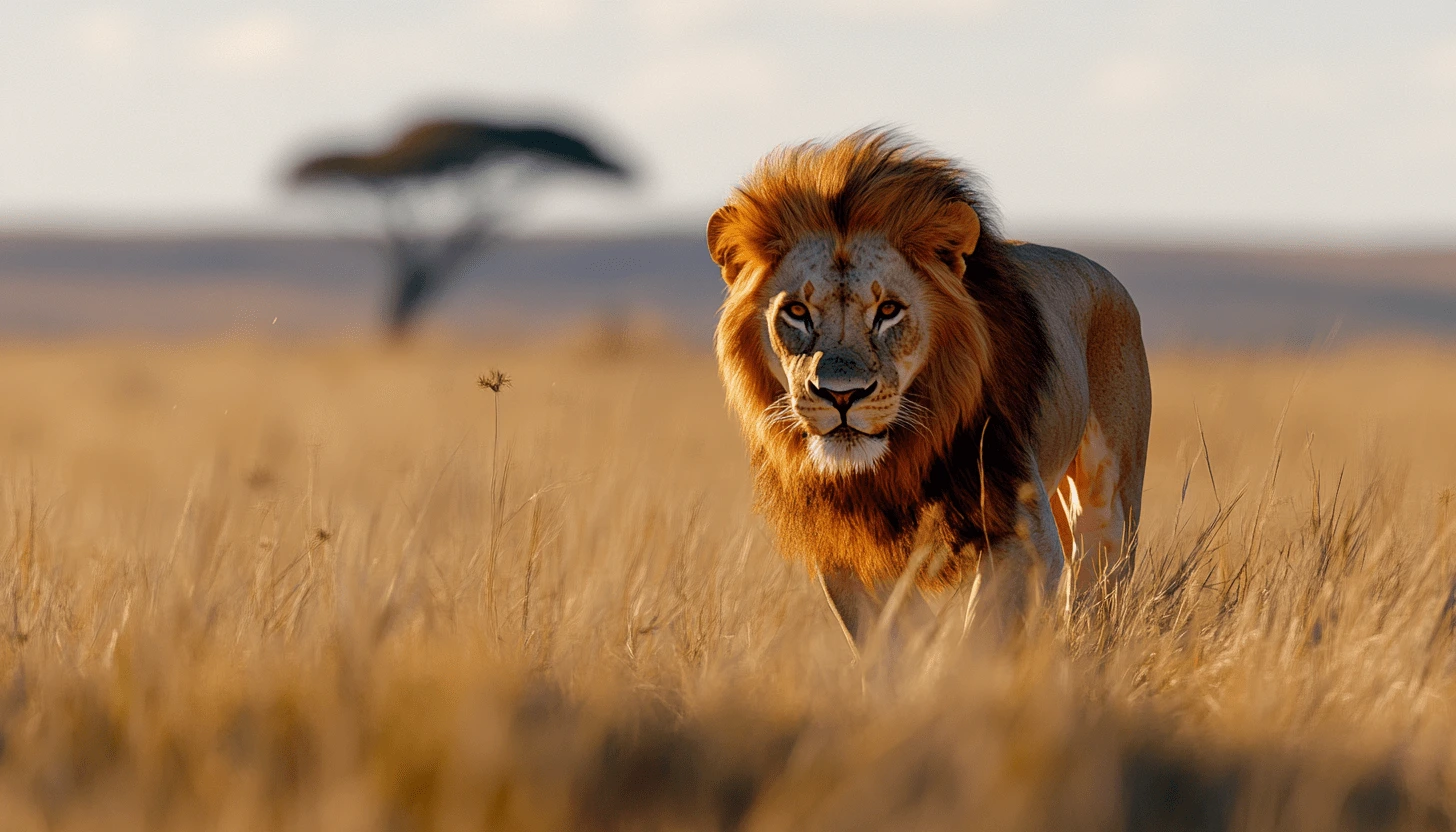Stress Simplified: Understanding the Impact of Stress
Published: February 11, 2025 6 mins read
Imagine you’re a zebra, grazing peacefully on the African savanna. Suddenly, a lion charges. Your body floods with adrenaline, your heart pounds, and you sprint for your life. But here’s the difference between zebras and humans: once the zebra escapes, it shakes off the stress—literally—and goes back to grazing like nothing happened.
Now, picture yourself stuck in traffic, late for a meeting. Your body reacts the same way—heart pounding, stress hormones surging—but instead of escaping, you stew in it. The stress doesn’t stop. Unlike the zebra, you carry the lion with you—in your emails, your to-do lists, and your overthinking brain.
That’s the real problem. Stress itself isn’t bad. It’s chronic stress—the kind that lingers in the background like an annoying app draining your phone battery—that wreaks havoc on our health.
So how do we stop carrying the lion? Let’s break it down, using science-backed insights from top researchers like Robert Sapolsky, Kelly McGonigal, and Andrew Huberman.

Stress is not just “feeling overwhelmed”—it’s a biological response. Hans Selye, the “father of stress research,” found that stress follows a three-stage pattern:
Not all stress is evil—it depends on how we perceive it.
Robert Sapolsky, a leading neuroscientist, emphasizes that it’s not stress itself but how long it sticks around that causes damage.
Stress triggers cortisol and adrenaline, prepping you for action. Your:
✅ Heart rate skyrockets
✅ Breathing speeds up
✅ Blood sugar spikes for quick energy
This is great for escaping an actual predator—but not for handling daily emails, work deadlines, or existential dread at 3 AM.
Andrew Huberman explains that stress dysregulates our autonomic nervous system, keeping us in “high alert mode” even when there’s no real threat.
Elizabeth Blackburn, a Nobel-winning scientist, discovered that chronic stress shortens telomeres—the protective caps on DNA. Think of telomeres like the plastic tips on shoelaces: when they wear down, your cells age faster. This means stress literally accelerates aging.
Physician Gabor Maté has linked chronic stress to:
❌ Autoimmune disorders
❌ Cancer
❌ Chronic pain
❌ Anxiety & depression
Maté argues that it’s not just stress, but suppressed emotions that trigger disease. Many high-achievers push through stress, believing it makes them resilient—until their body forces them to stop.
Bruce McEwen describes stress as a “cumulative load.” Like a credit card, you can charge small amounts of stress daily, but over time, the interest piles up. Eventually, your body demands repayment—often in the form of illness or burnout.
What if stress itself isn’t the problem, but how we think about it?
In The Upside of Stress, Kelly McGonigal found that when people view stress as a challenge rather than a threat, they experience fewer negative health effects—even with high stress levels.
Her research suggests:
✅ Reframing stress as helpful makes it less harmful.
✅ People who see stress as a tool have better health and longevity.
✅ Shifting mindset can turn anxiety into excitement.
Stress isn’t just a burden—it’s a gateway to peak performance.
Steven Kotler explains that mild stress triggers flow states, the ultra-productive mode where time slows, focus sharpens, and creativity spikes.
Think of elite athletes or musicians in “the zone”—that’s stress working for them, not against them.
✅ Not all stress is bad—your mindset matters.
✅ Reframing stress as a challenge makes it less harmful.
✅ Use science-backed techniques like breathwork, mindfulness, and sleep optimization.
🚀 Try a 2-minute physiological sigh to reset your stress levels.
🚀 Reframe one stressful situation today as a challenge instead of a threat.
🚀 Prioritize 7-9 hours of deep sleep this week.
📖 Why Zebras Don’t Get Ulcers – Robert Sapolsky
📖 The Upside of Stress – Kelly McGonigal
📖 When the Body Says No – Gabor Maté
Final Thought: Stress isn’t the enemy—it’s a tool. Learn to use it wisely, and you’ll not just survive but thrive. 🔥
This will close in 20 seconds